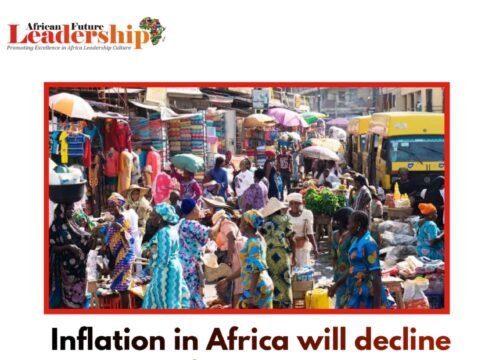Despite the slowdown in growth and the inflation rate in 10 years to 2022, Africa’s economic situation remains “resilient” and the inflation rate is expected to remain stable according to a report from the African Development Bank on Thursday.
The economies of all 54 countries in Africa have been hit by the global economy from Russia’s invasion of Ukraine, as well as the impact of climate change and the devastating effects of the Covid-19 pandemic.
A stronger dollar, inflation, and slowdown in demand for exports to major trading partners in Europe and China, had “dire consequences” for the continent’s economies, said the ADB report.
READ MORE: Vice President of Gambia confirmed dead in India
“An estimated 15 million additional people were driven into extreme poverty in Africa due to higher global energy and food prices in 2022, exacerbating the increase in extreme poverty induced by the COVID-19 pandemic,” said the ADB.
Economic growth dropped from 4.8 percent in 2021 to 3.8 percent in 2022.
The largest reduction was recorded in South Africa, which caused the energy crisis of the South African economy and lack of livestock.
Opening China after the opening of strict Covid rules will increase growth across the continent, estimated at around 4% this year and in 2024.
Central Africa is expected to experience the fastest growth, supported by favorable commodity prices.
Growth in Africa has risen from 12.9% in 2012 to 13.8% in 2022, “the highest in ten years”.
The increase in prices was the highest in East Africa, which achieved an increase of 25.3%. The country with the worst rate is Zimbabwe, where inflation reached 285% against 98.5% last year.
Across the continent, tighter monetary policy and better food supply will see prices gradually decline to 13.5% in 2023.
A further drop to 8.8 percent is forecast for 2024, lower than pre-Covid levels.
- The ADB said African economies “remain resilient with a stable outlook,” however “cautious optimism” was needed.




